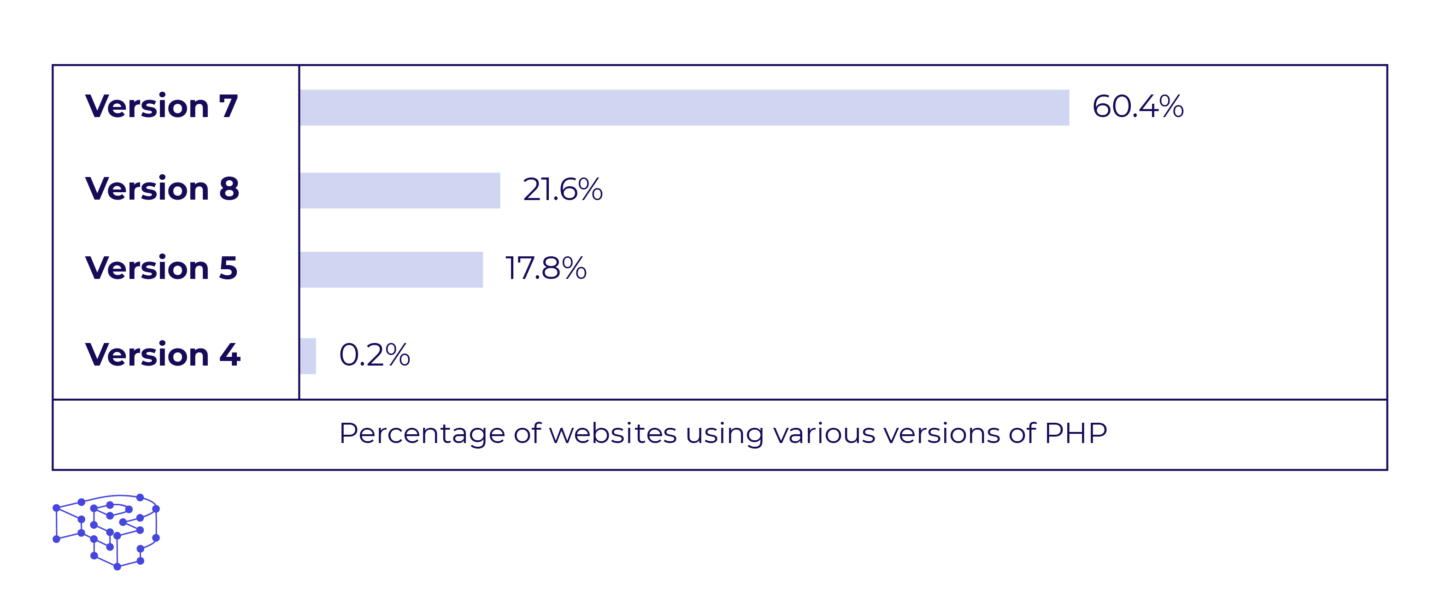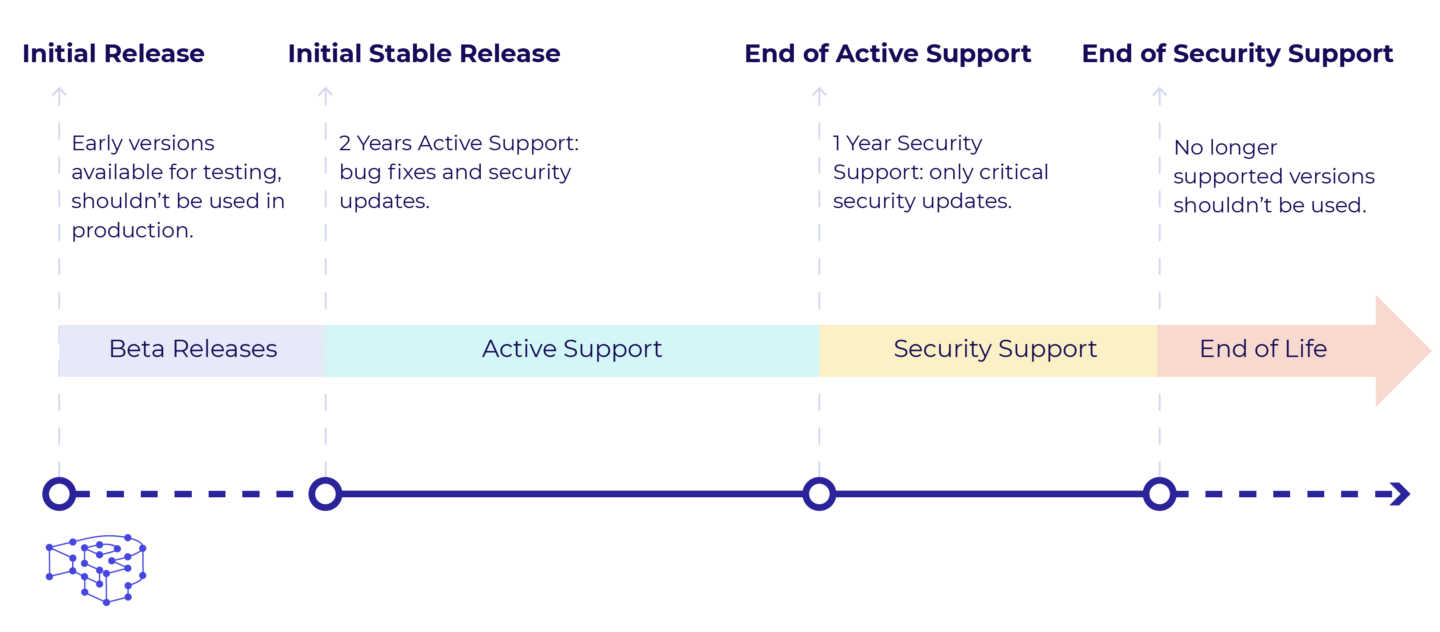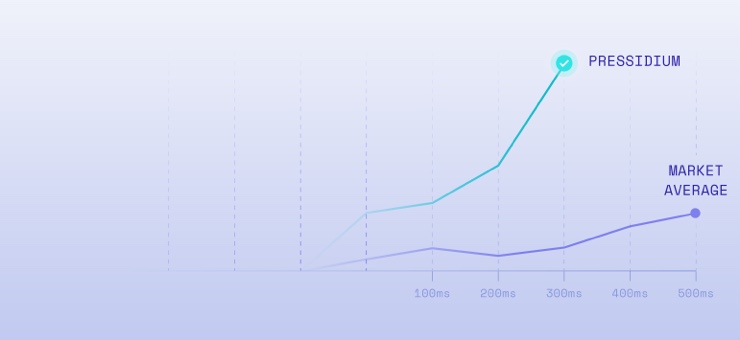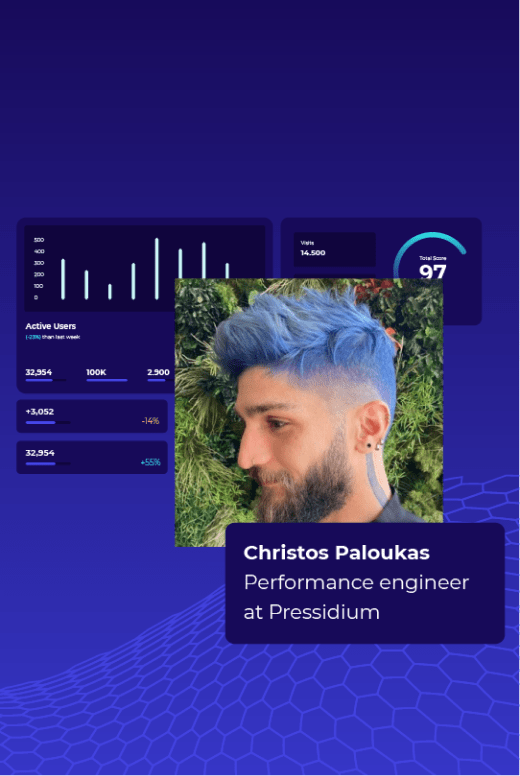
PHP is a widely used server-side scripting language. It is open-source and primarily intended for web development. Among the many frameworks, websites, and applications PHP supports, WordPress is one of them.
In this article, we will talk about the crucial role of PHP in the functionality, customization, and issue detection of a WordPress website. We will also discuss the compatibility and usage that WordPress requires from PHP and the importance of staying committed to PHP version updates.
PHP is used by millions of websites and web applications. At the time of writing this article, according to w3techs, the usage statistics of PHP for websites show that it is involved in 76.9% of all websites whose server-side programming language we know.

The Role of PHP in a WordPress Website
PHP is an open-source language that is fundamental for WordPress to work. It is the engine powering WordPress.
PHP performs a variety of tasks to serve a website, including handling all page requests and executing background processes. It is instrumental in rendering web pages, processing form submissions, and managing database interactions. Key components of the content management system (CMS), like user authentication, and database interactions are written in PHP.
Furthermore, PHP is responsible for shaping and displaying the website’s design, and actively generating HTML. It constructs the web pages that users see and interact with, ensuring the dynamic functionality of your site’s design.
PHP is also your customization tool. With the help of WordPress APIs, PHP allows developers and website owners to build custom themes, templates, plugins, and features using PHP magic.
Last but not least, PHP is your detective when things go wrong. It reports and logs errors, helping developers track down and fix issues in themes, plugins, or custom code.
So, in a nutshell, PHP quietly does a lot of important work for your WordPress website, making sure everything runs smoothly. Understanding how PHP fits into WordPress is essential for anyone working with this platform.
WordPress PHP Support
WordPress aims to stay up-to-date with PHP’s development. It does this by making sure it supports new PHP versions shortly after they reach a stage called “feature freeze” and starts tagging beta versions.
This way, WordPress avoids having to undo or redo work if a planned feature in PHP gets removed or changes during development.

As depicted, PHP versions follow a three-year support lifecycle, consisting of two years of active support and one year of critical security patching. After three years, a version becomes unsupported.
PHP 7.4 was introduced in November 2019 and lost active support in November 2021. In November 2022, PHP 7.4 reached its end of life, urging developers to switch to PHP 8.0. PHP 8.0 will be supported for a year, while PHP 8.1 will remain supported until November 2024. PHP users need to keep up with these timelines to ensure security and compatibility.
There is a great chart in the official WordPress documentation that you can take your time to study. It shows the PHP support history from version 8.3, which was the latest at the time this article was written, and goes back to PHP version 5.2.
Dropping Support for PHP 7.0 and 7.1
Starting with WordPress 6.6, scheduled for release in July 2024, support for PHP versions 7.0 and 7.1 will be discontinued. This change raises the minimum supported PHP version to 7.2.24. Users running PHP 7.0 or 7.1 will remain on the WordPress 6.5 branch, receiving security updates.
WordPress PHP Version Requirements
WordPress has specific PHP and server requirements to ensure a well-functioning website. While it can technically work on outdated setups, it’s not ideal, leading to potential issues and slower performance. These recommendations minimize problems when launching a WordPress site. WordPress always provides, upon each release, the best choice of PHP versions to use.
Currently, WordPress recommends using PHP 8.0 or higher for the best performance, security, and feature support. The previous stable versions of PHP 7.3 and PHP 7.4 have reached their End-of-Life (EOL).
Minimum PHP Version
This doesn’t mean in any way that you cannot launch a WordPress site with older PHP versions. The minimum PHP version required to run WordPress is PHP 5.6. All that we are trying to point out is that it will be a matter of time until some security and performance issues are triggered since these versions are not actively supported.
That is why we, at Pressidium, strongly discourage you from using older PHP releases. Staying on a version past its end of life can negatively impact your WordPress site. New PHP versions bring updates and improvements, but they may also break compatibility with older code. This underscores the importance of regular updates. WordPress core usually remains stable, but plugin and theme developers must ensure compatibility with new PHP versions.
Try our Award-Winning WordPress Hosting today!

WordPress and PHP 8.0
A significant upgrade in the world of PHP and WordPress came with the PHP 8.0 update release. This new major PHP update came out in November 2020 and brought with it not only performance enhancements but also a slew of exciting language features. Notable additions include the introduction of the PHP JIT (Just In Time) Compiler, the introduction of Attributes, support for named parameters, and more.
However, it’s important to note that this major version also introduces several backward-incompatible changes and deprecates certain features. The full list of updates and changes can be found in the official Changelog document.
Comparing Performance Across PHP Versions
To determine the optimal PHP version for any WordPress release, it’s crucial to understand which PHP versions are supported and the benefits of keeping PHP updated. However, the most effective way to choose the best PHP version is through performance benchmarking.
We took the time and conducted a detailed study to measure the performance of WordPress with various PHP versions. Our comprehensive analysis involved making requests to specific pages (Homepage, Login Page, Login, Login Redirect, Sample Page) and iterating these requests multiple times to ensure accuracy. We focused on key performance metrics such as Mean Response Time and Processing Times Over Time, presenting the results in clear, informative graphs.
This analysis will provide you with the insights needed to make an informed decision on the best PHP version for your WordPress setup.
Conclusion
We explored how PHP powers WordPress, enables customization and helps you in issue resolution. We highlighted the importance of staying current for security and optimal performance and provided some guidance on how you can upgrade your PHP version.
Hopefully, you are now more equipped with essential knowledge for a secure, robust, and efficient WordPress website.
Frequently Asked Questions
What Happens if I Don’t Update PHP?
Neglecting PHP updates poses serious risks to your WordPress site. Security and performance are compromised, leaving your site vulnerable to hacking attempts due to unpatched vulnerabilities.
Outdated PHP versions lack crucial security patches, potentially leading to unauthorized access, data breaches, and site defacement.
Newer PHP versions not only enhance security but also improve website speed and stability. Failing to update may result in compatibility issues with themes and plugins, causing errors and crashes.
Finally, decreasing support from hosting providers for out-of-date PHP versions emphasizes the importance of keeping up-to-date with PHP updates.
How Do I Update PHP in WordPress?
Your best choice is to carefully follow some important steps before, during, and after upgrading the PHP version on your WordPress website.
In a nutshell, these are the steps you need to follow:
- Preparation:
- Confirm the PHP version.
- Ensure compatibility with WordPress, themes, plugins, and custom code.
- Backup:
- Fully Back up the website, including database and files.
- Testing:
- Create a staging environment.
- Test all functionality.
- Review and update custom code.
- Official Guides:
- Refer to PHP migration guides for backward compatibility.
- Upgrade:
- Update WordPress core, themes, and plugins.
- Upgrade PHP to the new version.
- Testing (Again):
- Thoroughly test the staging environment.
- Monitor error logs.
- Production:
- Choose a low-traffic time.
- Inform users of planned downtime.
- Make a full backup.
- Upgrade PHP on the live site.
- Post-Upgrade:
- Monitor for missed issues.
- Keep an eye on the website post-upgrade.
Of course, all this might be too much when using conventional WordPress hosting providers. Fortunately, at Pressidium, we provide an effortless, safe, and easy way to switch PHP versions through your dashboard with just a few clicks, eliminating hassle and stress from the process.
Start Your 14 Day Free Trial
Try our award winning WordPress Hosting!






















